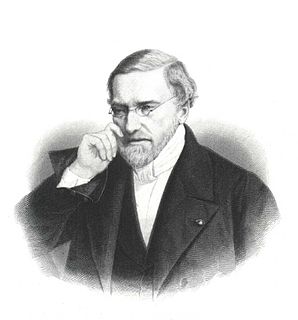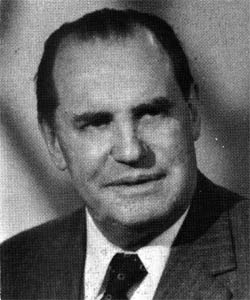A Quote by David Hilbert
Geometry, like arithmetic, requires for its logical development only a small number of simple, fundamental principles. These fundamental principles are called the axioms of geometry.
Related Quotes
In fact, Gentlemen, no geometry without arithmetic, no mechanics without geometry... you cannot count upon success, if your mind is not sufficiently exercised on the forms and demonstrations of geometry, on the theories and calculations of arithmetic ... In a word, the theory of proportions is for industrial teaching, what algebra is for the most elevated mathematical teaching.
The full impact of the Lobachevskian method of challenging axioms has probably yet to be felt. It is no exaggeration to call Lobachevsky the Copernicus of Geometry [as did Clifford], for geometry is only a part of the vaster domain which he renovated; it might even be just to designate him as a Copernicus of all thought.
Masonry, according to the general acceptation of the term, is an art founded on the principles of geometry, and devoted to the service and convenience of mankind. But Freemasonry, embracing a wider range and having a nobler object in view, namely, the cultivation and improvement of the human mind, may with more propriety be called a science, inasmuch as, availing itself of the terms of the former, it inculcates the principles of the purest morality, though its lessons are for the most part veiled in allegory and illustrated by symbols.





































